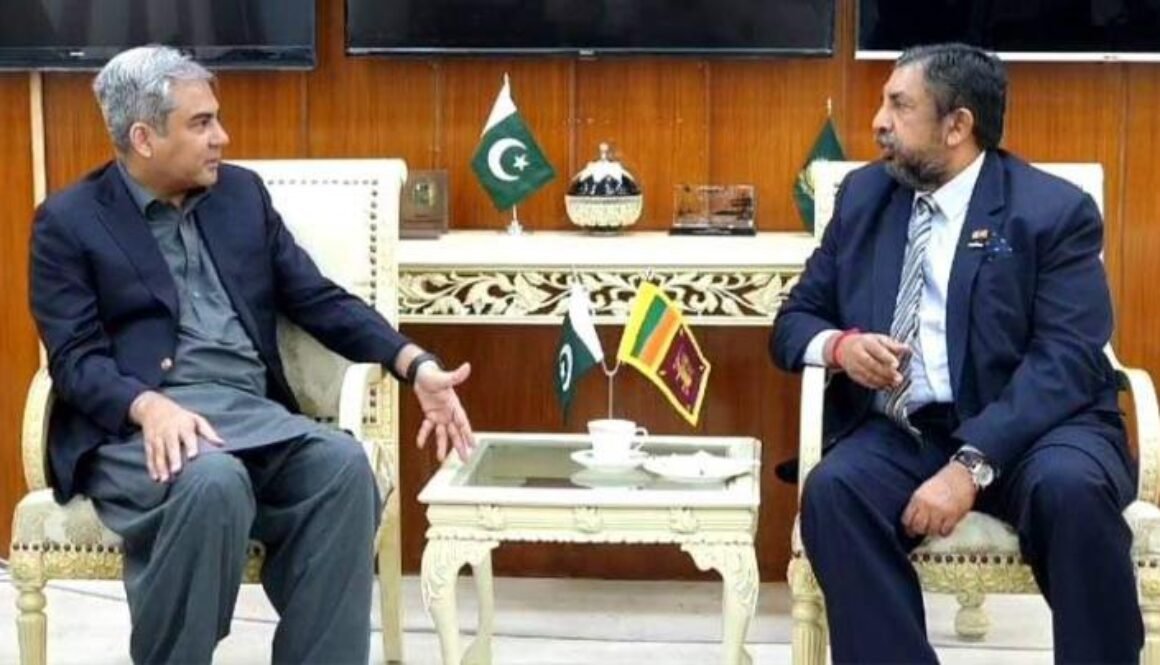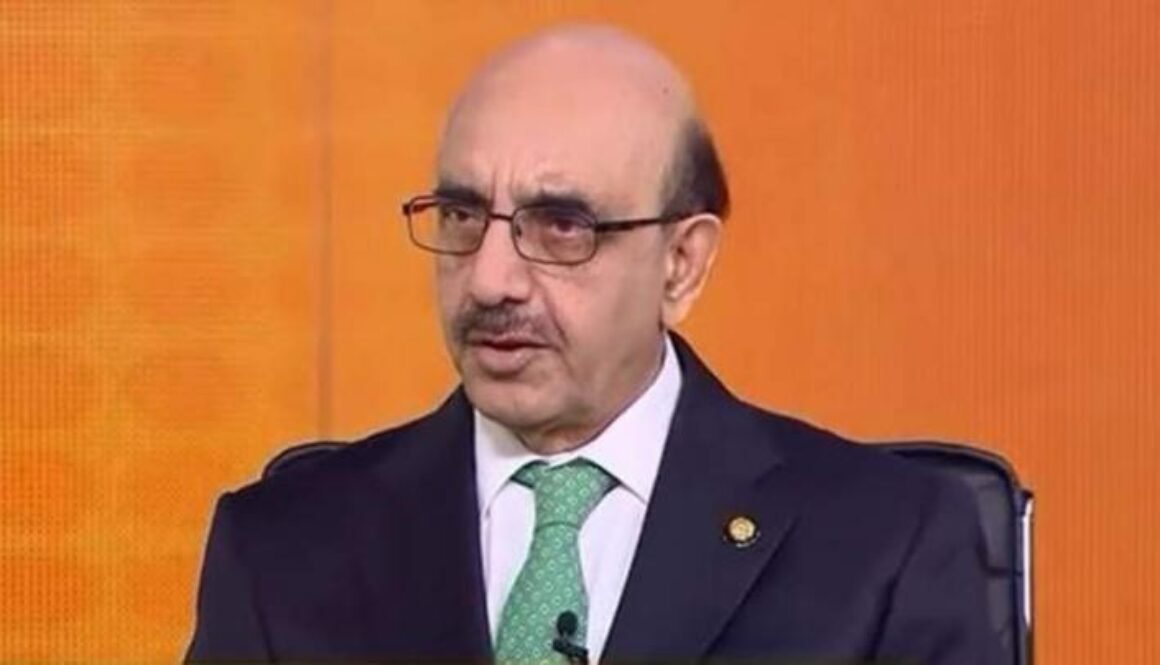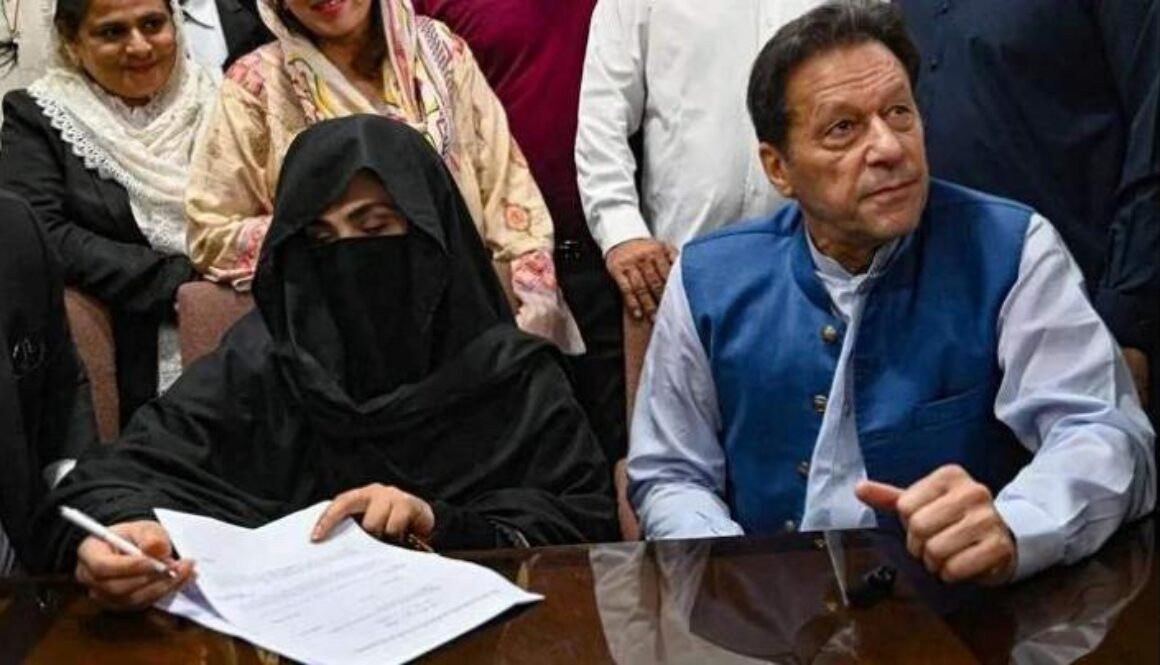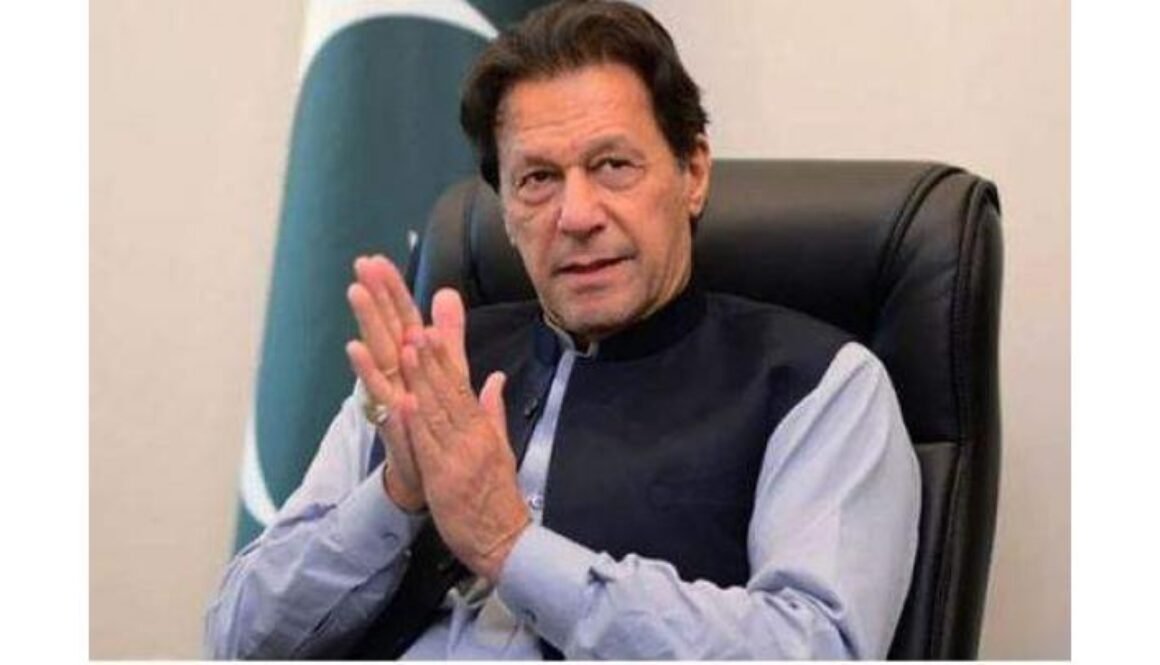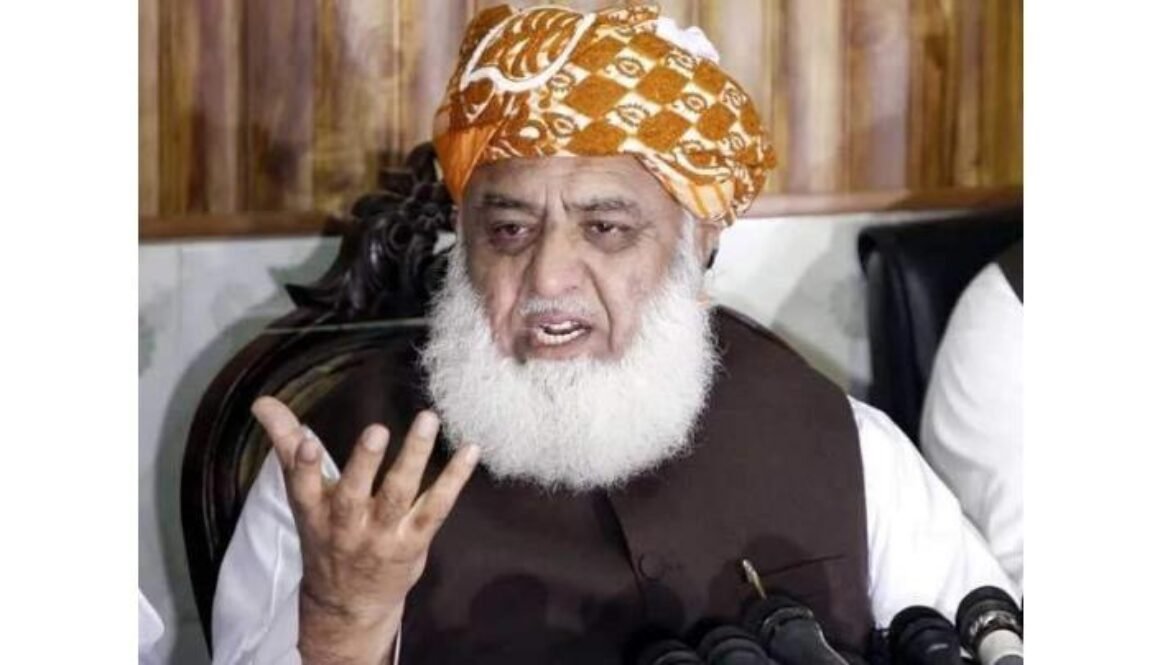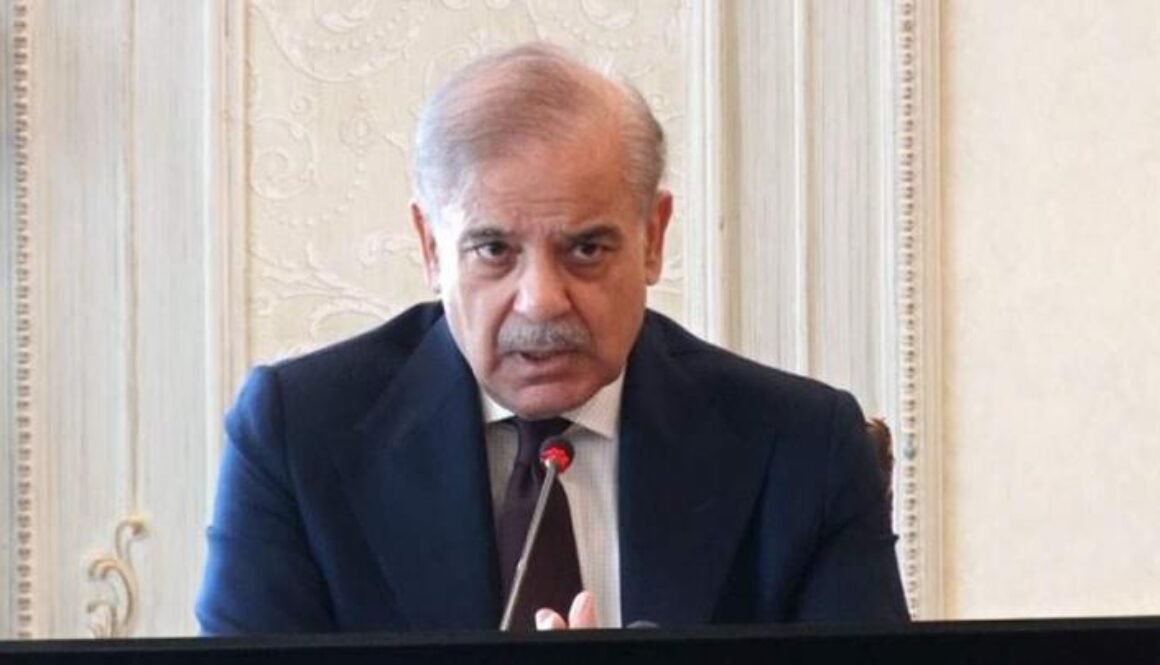The Jammu Kashmir Joint Awami Action Committee (JAAC), predominantly comprising traders across the state, had been advocating for several demands including fair electricity pricing aligned with hydropower generation costs, subsidized wheat flour, and an end to elite privileges.
Prime Minister Shehbaz Sharif took prompt action on Monday by approving an immediate allocation of Rs23 billion for Azad Jammu and Kashmir (AJK) following recent unrest in the region.
The Jammu Kashmir Joint Awami Action Committee (JAAC), primarily composed of traders across the state, had been advocating for various demands, including fair electricity pricing in line with hydropower generation costs, subsidized wheat flour, and an end to elite privileges.
Tensions escalated on May 9 and 10 when around 70 activists were arrested in attempts to halt a planned long march by the JAAC. These actions resulted in clashes in Dadyal and a widespread “shutter-down strike.”
Friday saw intensified clashes between law enforcement and protestors across Muzaffarabad amid a crippling strike. The following day, violent confrontations occurred, leading to one police fatality and over 90 injuries.
Despite initial calm on Sunday, protests reignited with a renewed march toward Muzaffarabad after talks between the JAAC core committee and AJK Chief Secretary Dawood Bareach reached an impasse.
President Asif Ali Zardari and PM Shehbaz pledged to address the demonstrators’ “legitimate demands,” emphasizing dialogue and restraint among all stakeholders.
In response, government offices and educational institutions remained closed the following day.
Prime Minister Sharif convened a special meeting in Islamabad, attended by AJK PM Chaudhry Anwarul Haq, local ministers, and political leadership. Federal ministers and coalition party leaders also participated, conducting a comprehensive review of the situation.
PM Shehbaz’s decisive action earned praise from AJK leaders and attendees.
In subsequent announcements, the AJK premier unveiled plans for subsidizing flour, significantly reducing prices, and implementing permanent adjustments to electricity tariffs, as approved by the AJK president. Revised rates aimed to benefit domestic and commercial users, easing financial burdens and promoting stability.


